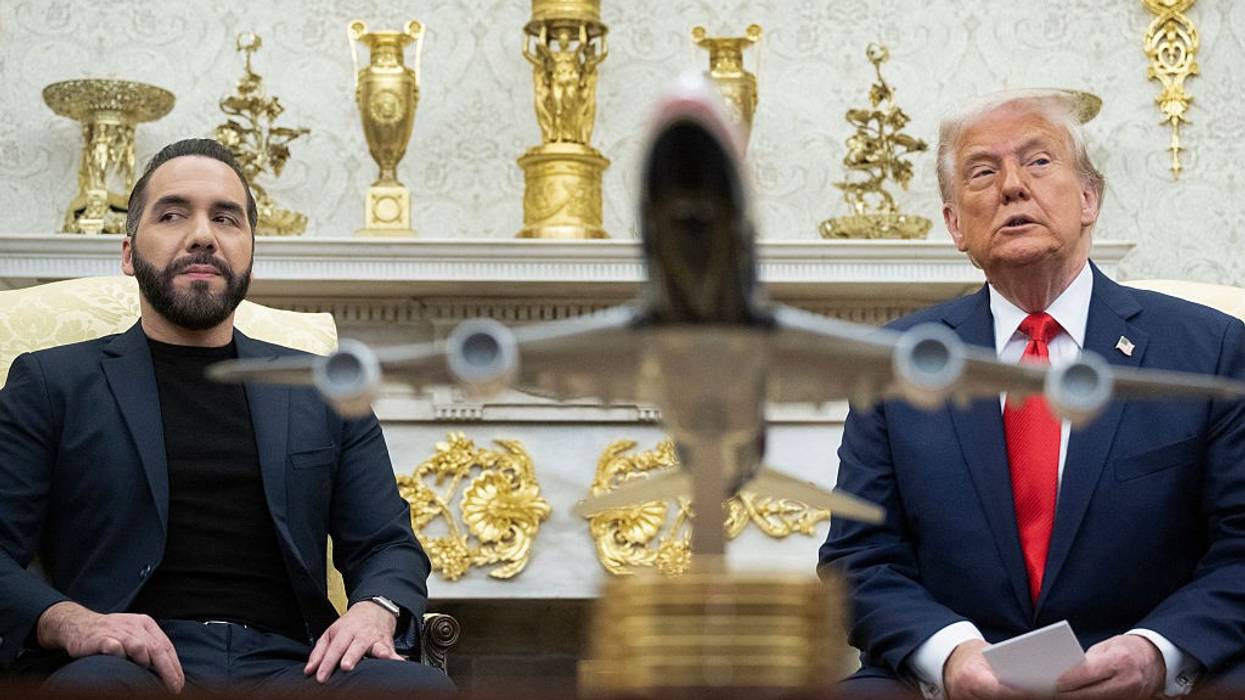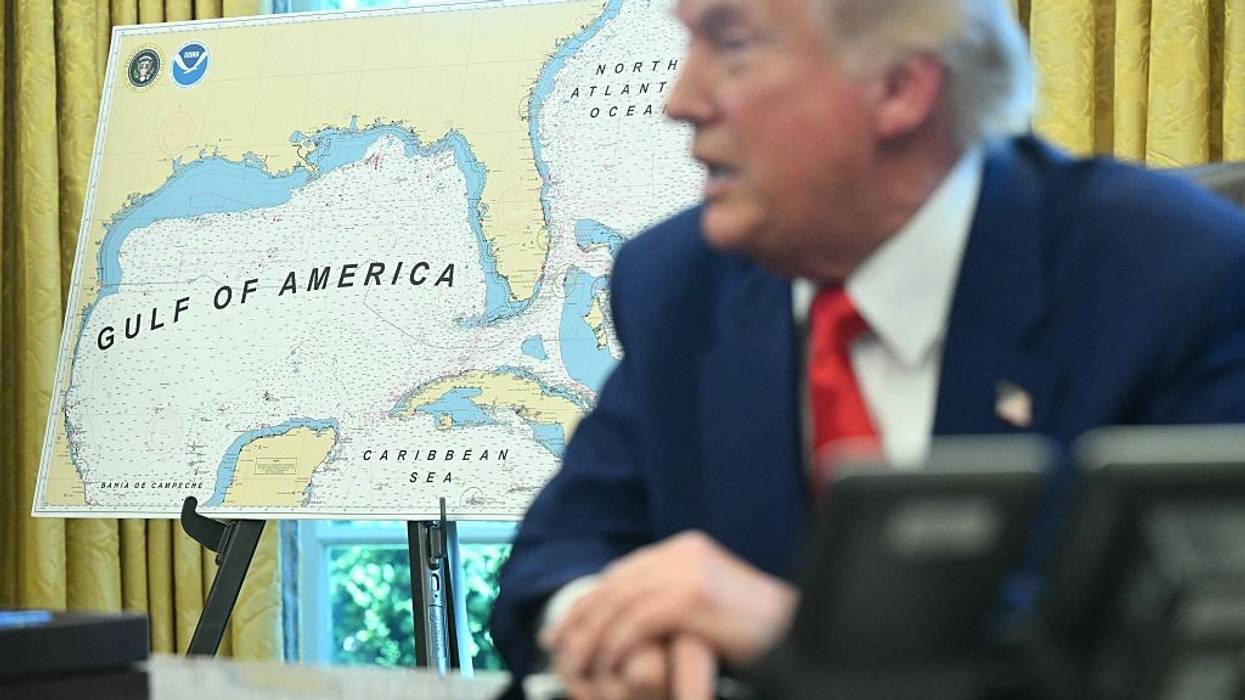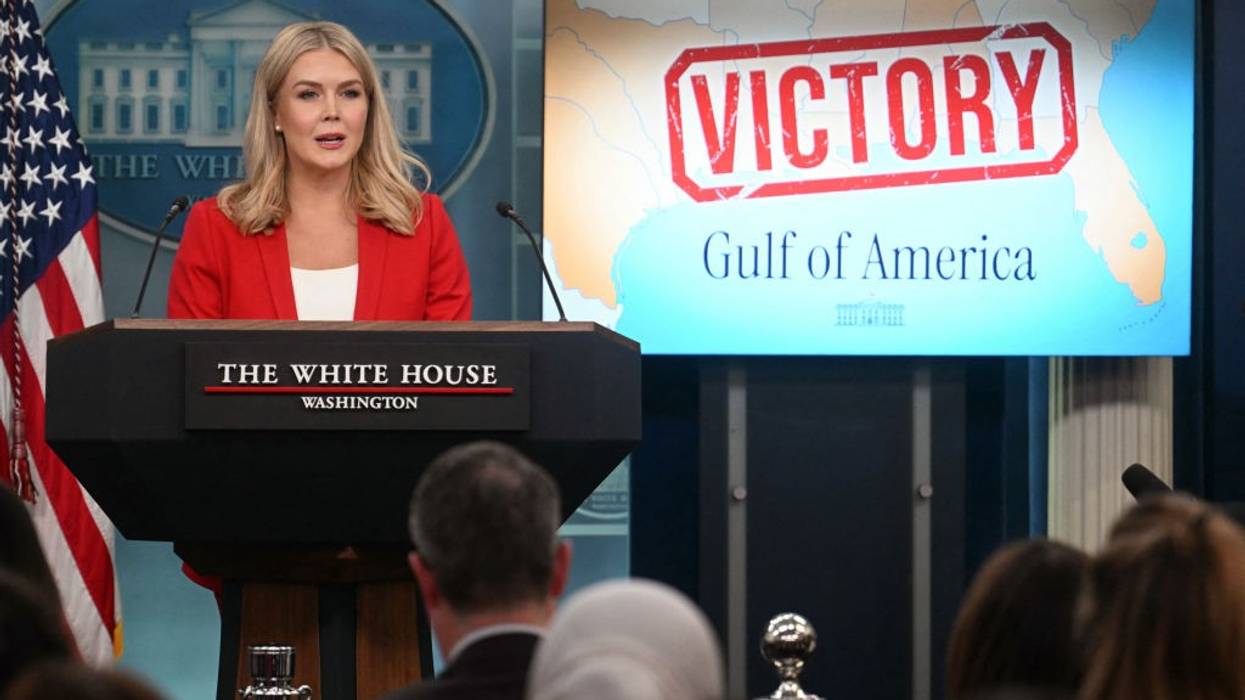Memo to Washington Insiders: Stop Pretending That Trump Is Normal!
Refusals to comply with Supreme Court decisions equal a constitutional crisis.
I was at an event last week where a prominent GOP pollster who often appears on CNN was discussing the details of U.S. President Donald Trump’s political profile as we approach the 100-day mark of his administration. The back and forth was interesting to me and my fellow political nerds. However, during the presentation, my inner voice sounded like Independent Vermont Sen. Bernie Sanders: “This is not normal.”
Unfortunately, far too many political insiders are acting as if Trump is a normal if a little eccentric president. They think that they can negotiate with him on issues and influence his staff to move him in their direction. No matter what Trump does, they see it as just a negotiating tactic.
April 14, 2025 should go down in American history as the day when Trump’s steps in the direction of authoritarianism made it clear to all that this is not a normal presidency. After Monday’s events, there can be no more debate about what Trump is and where he is taking America.
Let’s break down what happened. In a meeting with President Nayib Bukele of El Salvador, President Trump openly defied a 9-0 Supreme Court decision that said that Kilmar Abrego Garcia, a Maryland resident wrongly deported to El Salvador, must be returned to the United States. As The New York Times put it:
The meeting in the Oval Office on Monday was a blunt example of Mr. Trump’s defiance of the courts. The president and his top White House officials said the decision over Mr. Abrego Garcia, a 29-year-old father of three, would have to be made by [El Salvador President] Mr. Bukele.
If this was not enough, President Trump went on to outline plans for sending American citizens convicted of crimes to El Salvador. More from The New York Times:
President Trump just said he was open to sending American citizens convicted of violent crimes to President Bukele’s prison in El Salvador. Trump had a similar response when Bukele first offered to jail convicted American criminals in February.
“I’m all for it,” Trump said, adding that his attorney general was studying whether the idea was legally feasible. “If it’s a homegrown criminal, I have no problem, no,” he said, adding: “I’m talking about violent people. I’m talking about really bad people.”
Another sign that we are in a constitutional crisis happened just outside the Oval Office on Monday. President Trump had barred The Associated Press from covering certain White House events because they had refused to use his preferred nomenclature for what the White House refers to as the “Gulf of America.” Last week, a federal judge ordered the White House to restore AP access to White House events. The federal judge who ruled in this case was Trevor McFadden, a Trump appointee. In his decision, McFadden wrote that:
No, the Court simply holds that under the First Amendment, if the Government opens its doors to some journalists—be it to the Oval Office, the East Room, or elsewhere—it cannot then shut those doors to other journalists because of their viewpoints... The Constitution requires no less.
On Monday, the White House blocked the AP reporter from attending the Oval Office press conference with President Trump and Bukele. Again, Trump failed to obey a court order.
Now, barring a reporter from the Oval Office may not seem to be a big deal. However, it is the government telling the media what it can report on. Plus, the courts ruled directly in the AP’s favor. The lines are clearly drawn here.
President Trump in the Oval Office on Monday openly defied decisions of the judicial branch. One was a 9-0 ruling of the Supreme Court and the other ruling was by a federal judge he appointed. As a nation, we are clearly in a constitutional crisis. This is not something theoretical or something that might happen sometime in the future. The crisis is at hand. The fabric of the American republic is being torn in two.
What we need is bold opposition from Democratic leaders in the House and Senate. If the current leadership is unwillingly to respond, they need to step aside. The first action that each of us can take to protect the American experiment is to stop pretending that Trump is a normal president.


